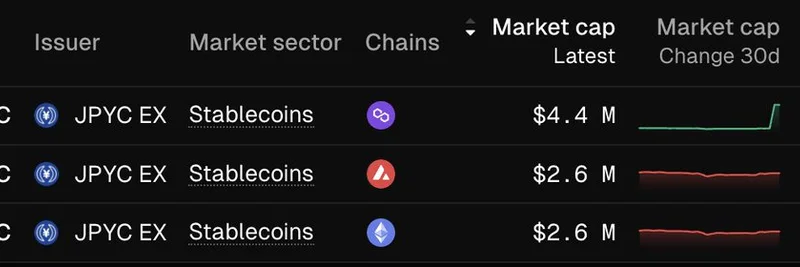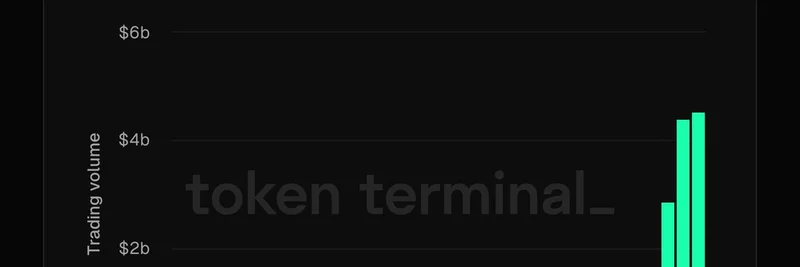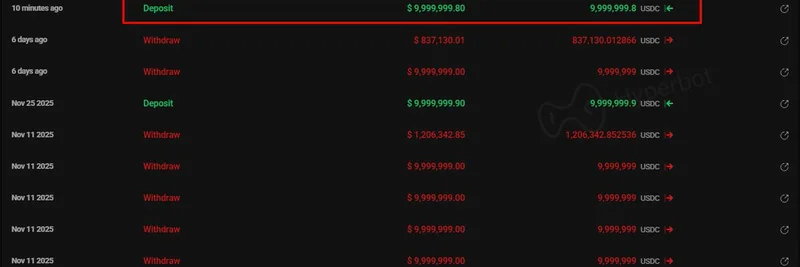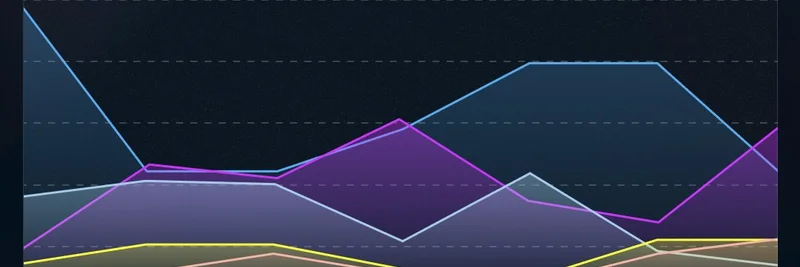In a move that's got the crypto world buzzing, the US Department of Justice (DOJ) has come out with a statement that could be a game-changer for developers in the blockchain space, especially those tinkering with meme tokens. Acting Assistant Attorney General Matthew Galeotti dropped this bombshell during a crypto summit in Wyoming, making it clear that just writing code – without any shady intentions – isn't going to land you in hot water.
Let's break it down. The tweet from @DegenerateNews captures the essence perfectly: "NEW: US DOJ’S ACTING AAG MATTHEW GALEOTTI SAYS 'OUR VIEW IS THAT MERELY WRITING CODE, WITHOUT ILL INTENT, IS NOT A CRIME. INNOVATING NEW WAYS FOR THE ECONOMY TO STORE AND TRANSMIT VALUE AND CREATE WEALTH, WITHOUT ILL INTENT, IS NOT A CRIME'." It's linked to a Twitter Space where this was discussed, highlighting a shift in how the DOJ views crypto innovation.
What Does This Mean Exactly?
For starters, "ill intent" here refers to knowingly committing or aiding crimes like fraud, money laundering, or evading sanctions. If you're a developer creating smart contracts for a meme token – think of those fun, community-driven coins like Dogecoin or newer ones popping up on Solana – as long as you're not out to scam people, the DOJ isn't coming after you just for the code itself.
This stance comes on the heels of the Tornado Cash case. Tornado Cash is a privacy tool on Ethereum that mixes crypto transactions to make them harder to trace. Its co-founder, Roman Storm, was recently convicted of conspiracy to operate an unlicensed money transmitting business. But the jury couldn't agree on money laundering or sanctions charges. Critics argued that Storm was punished for writing code, not for any direct criminal acts. Now, Galeotti's words suggest cases like this might not fly in the future, especially for truly decentralized setups where no one party controls user funds.
According to reports from The Block, Galeotti emphasized: "Where the evidence shows that software is truly decentralized and solely automates peer-to-peer transactions, and where a third party does not have custody and control over user assets — new 1960(b)(1)(c) charges against a third party will not be approved." In plain English, if your meme token project runs on autopilot via smart contracts without you holding the keys to users' wallets, you're likely in the clear on money transmitter charges.
Why This Matters for Meme Tokens
Meme tokens thrive on creativity and community hype, often launched by solo devs or small teams using platforms like Pump.fun or Raydium on Solana. But regulatory fears have always loomed large – what if the government labels your fun cat-themed coin as an unlicensed financial service? This DOJ clarification eases those worries, encouraging more innovation in the space.
Under the previous administration, crypto enforcement was aggressive, with the DOJ and SEC cracking down hard. Now, with a new approach echoing a Trump-era memo, the focus is on actual crimes rather than using criminal laws to regulate the industry. As noted in US News, the DOJ is backing off from targeting decentralized platforms that don't fit traditional money transmitter molds like Western Union.
For blockchain practitioners, this means you can focus on building without constant legal paranoia. Want to create a meme token that rewards holders with NFTs or integrates AI? Go for it, as long as it's legit. It's a nod to the decentralized ethos of crypto – peer-to-peer value transfer without middlemen.
Broader Implications and What's Next
This policy shift isn't just talk; the DOJ has already disbanded its crypto enforcement team and dropped several cases. It's backed by the crypto industry, which has long argued that devs shouldn't be liable for how others use their code, much like how gun manufacturers aren't blamed for crimes committed with their products.
Of course, this doesn't mean a free-for-all. If your meme token turns out to be a rug pull (where devs drain the liquidity pool and run), that's still fraud. The DOJ will pursue those cases vigorously. But for honest innovators, it's a breath of fresh air.
As meme tokens continue to evolve – from simple jokes to utility-driven projects – staying informed on regulations is key. At Meme Insider, we're here to keep you updated on these developments, helping you navigate the wild world of blockchain. What do you think – is this the green light meme devs have been waiting for? Drop your thoughts in the comments!




